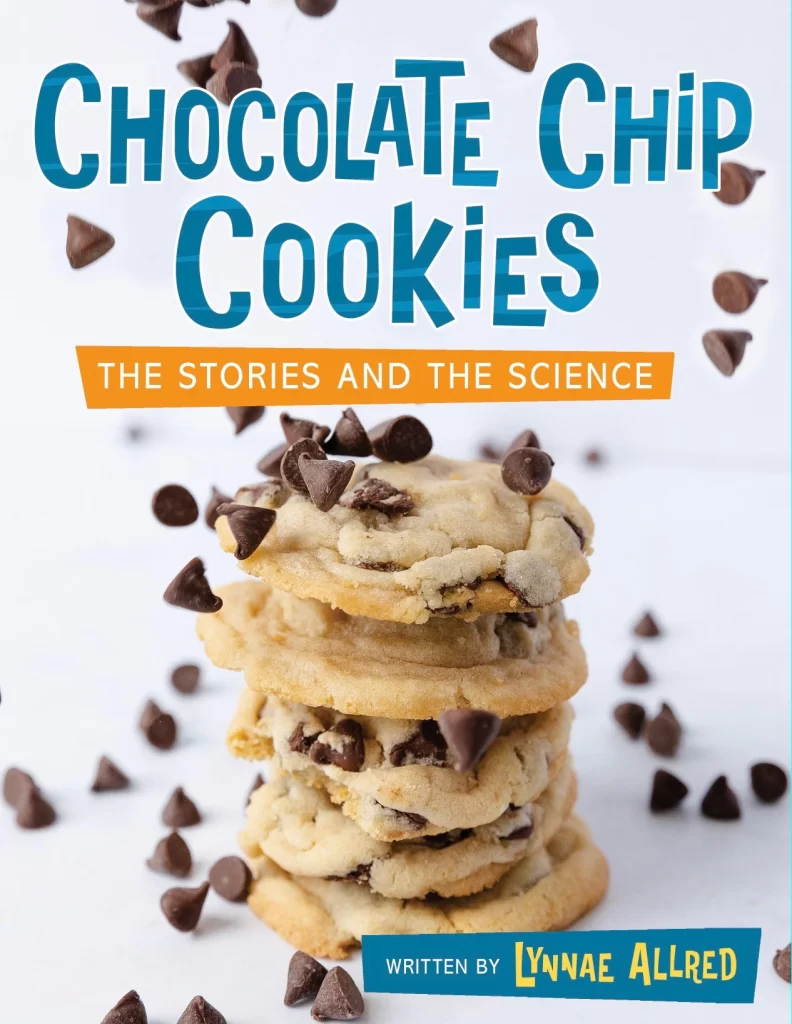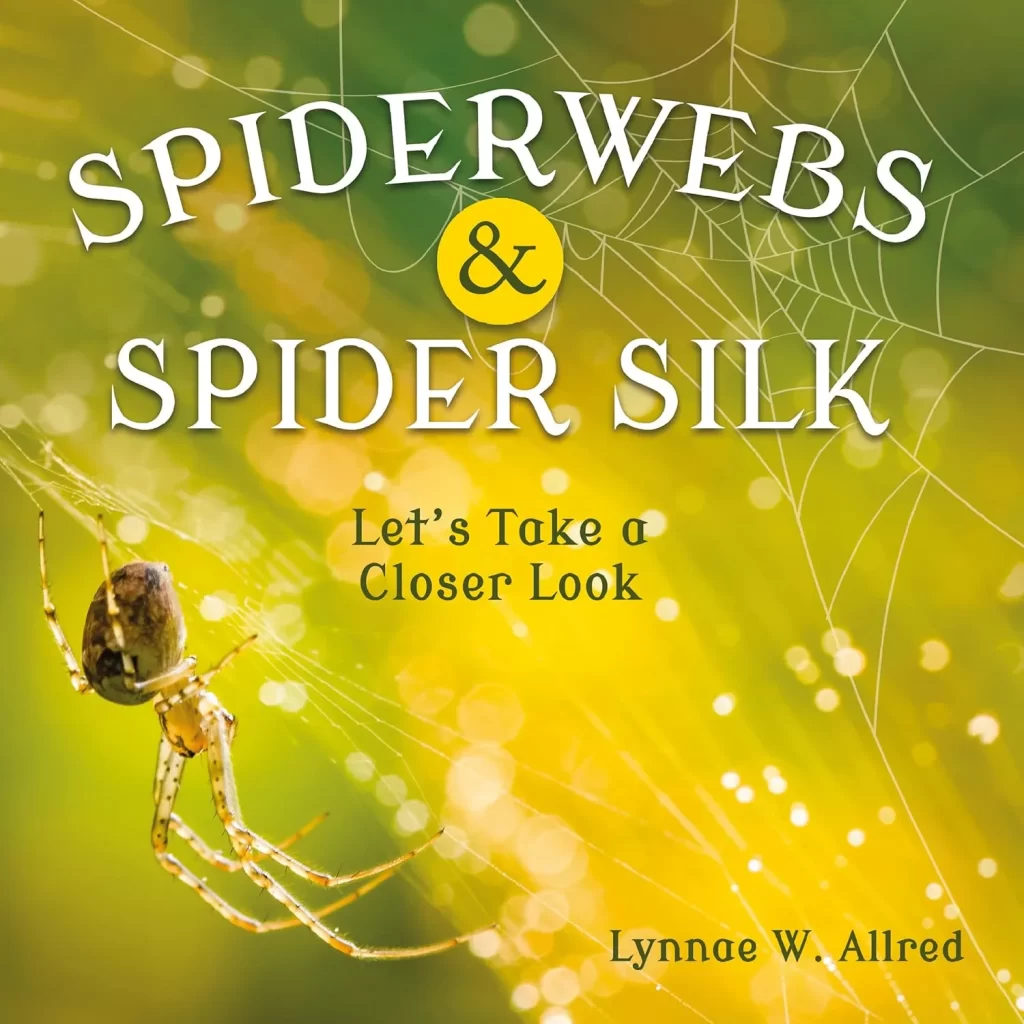


People who can measure ingredients and follow recipe instructions carefully will become good cooks. But people who understand the science of food can experiment and combine ingredients in new, interesting, delicious ways. They are called chefs. A chef can create something magical with just a few ingredients and some creativity.
A cook can follow a recipe. A chef creates a recipe. Scientists who think like chefs change the world.
Humans have worked for many years to create spider silk in a lab because by weight, spider silk is stronger than steel and more elastic than nylon. It is incredibly flexible, thin, and light. Imagine if you could twist many strands of spider silk together into a rope as thick as your finger. Next, you could weave the yarn into a net. Your new net would be strong enough to halt a speeding subway train!


Humans have worked for many years to create spider silk in a lab because by weight, spider silk is stronger than steel and more elastic than nylon. It is incredibly flexible, thin, and light. Imagine if you could twist many strands of spider silk together into a rope as thick as your finger. Next, you could weave the yarn into a net. Your new net would be strong enough to halt a speeding subway train!

Of all of the programs and policies, of all of the classes and curriculums that promote the idea that we can improve our relationship with our children and help them become the responsible adults we hope to raise, there are few activities that will have as weighty an impact as simply spending time with them—high-quality, playful, engaging time.
A cook can follow a recipe. A chef creates a recipe. Scientists who think like chefs change the world.
Deep, heartfelt relationships aren’t created with a simple birthday card, a quote about baptism, or a printed sentiment about the significance of Christmas, but they can begin there.
While the Savior cleansed lepers and helped the blind to see, He also had enough insight into His friends’ needs to know when they needed rest (see Mark 6:31-34), when they needed to eat (Luke 9:13), and when they were afraid (Matthew 8:25-26). He didn’t minister simply to those who were lame, halt, stricken with palsy, and deaf. He sat at tables with people who were unpopular (Mark 2: 15-16), wept with friends and family who were hurting physically and emotionally (John 11:32-36), and called down minitering angels to encircle children in love (3 Nephi 17:12)…this is the beauty of ministering in the Savior’s way.


Deep, heartfelt relationships aren’t created with a simple birthday card, a quote about baptism, or a printed sentiment about the significance of Christmas, but they can begin there.
While the Savior cleansed lepers and helped the blind to see, He also had enough insight into His friends’ needs to know when they needed rest (see Mark 6:31-34), when they needed to eat (Luke 9:13), and when they were afraid (Matthew 8:25-26). He didn’t minister simply to those who were lame, halt, stricken with palsy, and deaf. He sat at tables with people who were unpopular (Mark 2: 15-16), wept with friends and family who were hurting physically and emotionally (John 11:32-36), and called down minitering angels to encircle children in love (3 Nephi 17:12)…this is the beauty of ministering in the Savior’s way.
COPYRIGHT © 2025 LYNNAE ALLRED – ALL RIGHTS RESERVED
PRIVACY POLICY – TERMS AND CONDITIONS – JOLY MARIE